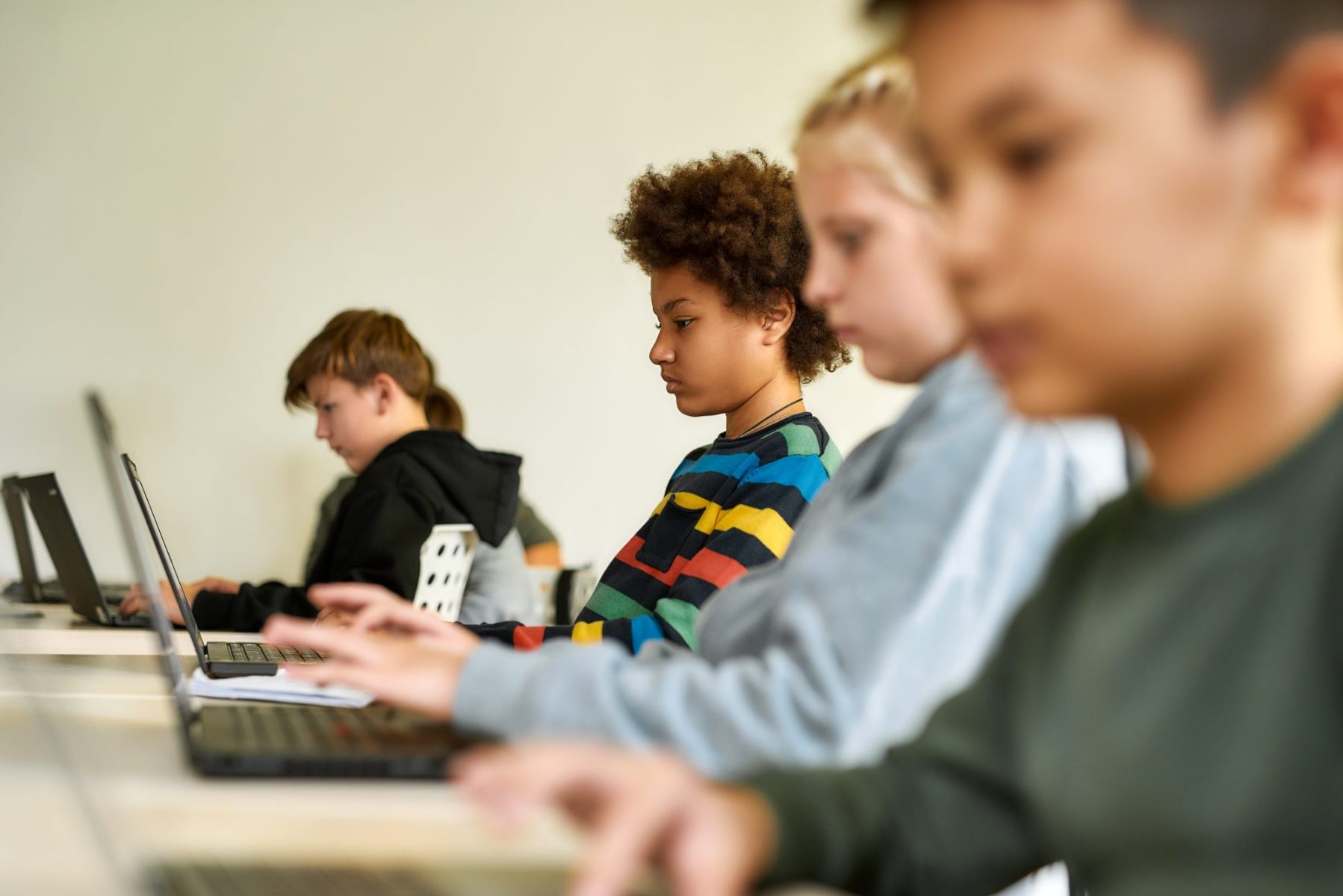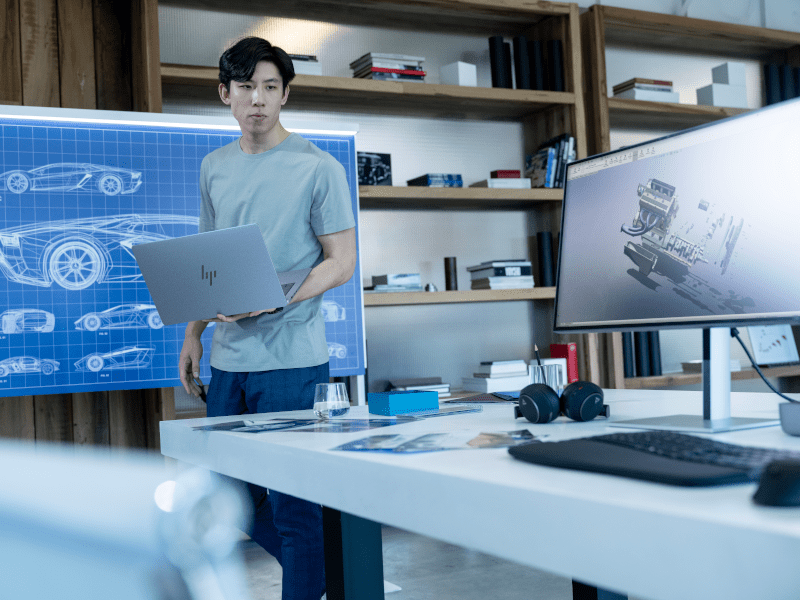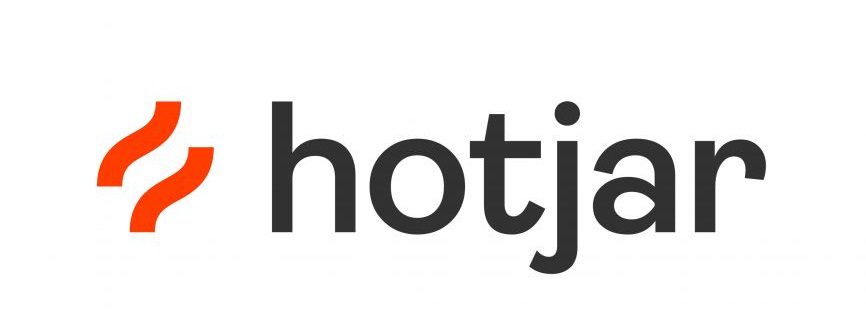No, I don’t have Nostradamus like powers. I only wish I did. Then I’d have seen Covid-19 coming from a long way off and I would have done something about it, but yes; 1:1 is the future of education and it will eventually be as ordinary a thing as having a pen or pencil in class or at home, wherever learning happens to take place.
It’s not an idle claim or one made to challenge or upset the status quo, but rather a clear reflection of the world we now inhabit and the sometimes-inconvenient facts which should help us recognise it as a necessary step, as opposed to a luxury. Just to be clear, we still need to read and write and cut things up and touch real things like paint and textbooks. However, when technology is so pervasive in our lives and the economy facing the onslaught of a virus and uncertainties around Brexit, we need to have a strategic response to ensure every generation can participate in whatever the future looks like. A level playing field is vital.
Let us look closely at some of the things that are driving this approach:
- 1.7 billion students were displaced as lockdowns spread across the world. 1 in 5 students didn’t have access to data or a device. Many more shared the small screen of a phone or shared the family device that was also being used for parents just to keep their job. What it communicated to our young people and families was this: if you can’t connect you can’t participate in your own education.
- The virus will be present for a considerable time and there is likely to be disruptions for individuals, classes and perhaps entire school communities. We desperately need a resilient education system that affords a consistent experience no matter where the learning happens. 1:1 helps build that resilience.
- Over two thirds (67%) of UK companies across the UK have unfilled digital vacancies. Only a third (31%) are confident UK businesses will be able to access the digital skills they need in the next three to five years. Here in Scotland we have 13,000 unfilled jobs every year. Schools shouldn’t be factories for business or FE/HE but we have a duty to ensure positive destinations for our young people and that they are ready for the jobs that are actually there. 1:1 lets us plan a curriculum that regularly develops these across disciplines.
- 1 in 5 existing jobs in UK cities are likely to be displaced by 2030 as a result of automation. Many organisations have accelerated this move due to Covid-19. What our economy will need is a digitally adept and flexible workforce that can create and sustain innovation and services like never before and make us a lighthouse nation for digital industries and inward investment. We can more easily build a pathway of upskilling for our young people when we have a robust 1:1 program in place.
This only scratches the surface in terms of a perfect storm that is building around education, challenging our ideas about how learning happens and asking us to look at what we’ve learned from the past 6 months from teachers and learners. It has developed a sense of urgency about the kinds of transformation our system needs.
What’s even more important, is to spend some time looking at what technology can bring to learners and learning, and how teachers can leverage it to reduce their workload, improve their workflow and make learning happen.
Across the UK we have a rising population of young people with additional support needs. In England alone there are over 1 million students who have a defined SEND (Special Educational Needs and Disabilities) profile. That rise is rarely matched by supportive funding. Across Apple, Google and Microsoft, technology can empower young people to take charge of how they overcome their learning challenges and personalise their learning environment. That personalisation is made possible with 1:1 and so important for helping them in their life, future learning and work.
Study after study reports that a creative & innovative mindset, digital literacy and computational thinking are some of the most important skills that businesses desire in their employees. We need to establish those skills as our learners move through their schooling. The breadth of opportunity to develop these through 1:1 is boundless and, in many cases, simply impossible otherwise; Augmented reality, infinite paint, rich coding tools across all ages and the kinds of creative tools that move children away from technology for consumption to technology for creation. All of our young people deserve to be able to grow these skills, to tinker and be curious and creative, at any time.
If we pay attention to how learning actually works in the brain, we can really accelerate learning, using digital tools to deliver high quality feedback to students, use adaptive learning apps, develop mastery and open up the kind of parental engagement that engages with the best home learning. Devices don’t teach children, teachers teach children, and they have a battery of pedagogical approaches that can be enhanced significantly through technology. That works best in a 1:1 environment where consistency of access allows the deployment of new approaches that are built on a strong pedagogical foundation. For teachers, the ability to model knowledge in deeply engaging ways, use self marking assessments, manage and distribute resources, collaborate with colleagues and generate assessments that are authentic and meaningful for their students is only the tip of the iceberg in how technology transforms their job for the better. 1:1 opens up a whole new world – not the usual 1 hour a week in the IT suite but an environment when you can make the very best of a consistent technology approach.
What do we want our nation to look like by 2030? How do we imagine the future for our own children and our communities? How can we come together to solve the problems of tomorrow? These are all questions we need to ask as employers, educators and parents.
A favourite quote of mine comes from Grace Hopper, an eloquent and wise Naval Officer and computing scientist: “The most dangerous phrase in the language is ‘We’ve always done it this way’ “. Transformation is challenging and requires rigorous thinking and smart leadership. There is also a sustained financial cost but that is manageable compared to the cost of doing nothing. There are real implications in doing nothing, both for the individual child and the wider society.
The great thing about working for XMA is the support and flexibility they offer in making such transformations happen, understanding the need, and knowing the routes through to that destination. We believe in doing better and making our education system the best in the world. We believe in young people and in our schools’ capacity to turn the page. We’re absolutely ready to meet with schools, ready to have the conversation that begins the new chapter that comes with 1:1.
Written by Michael Conlon – Transformation Consultant @ XMA












 Monitoring by Hotjar
Monitoring by Hotjar